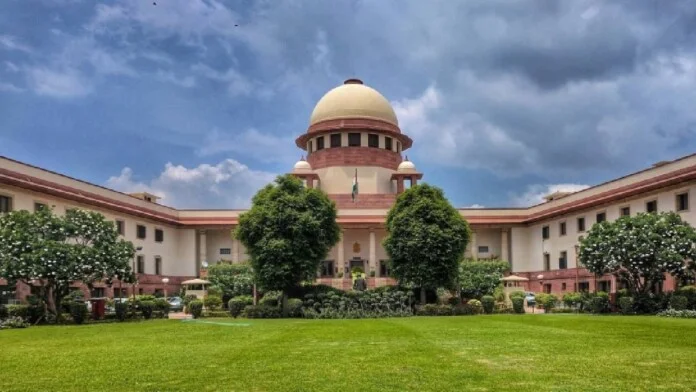Supreme Court Criticizes Assam’s Beef Transport Prosecution
Introduction
On February 21, the Supreme Court critiqued Assam’s beef transport case, expressing concern over the state government’s pursuit of charges against an individual accused of transporting beef. The court’s remarks highlighted the need for authorities to focus on more pressing matters rather than targeting individuals for their meat transport activities. This case has significant implications for both legal precedents and the meat trade in Assam.
Court Proceedings and Observations
A bench comprising Justices AS Oka and Ujjal Bhuyan intervened by staying the criminal proceedings against the accused. They scheduled the next hearing for April 16, emphasizing the need for clarity in such prosecutions. The court raised important questions about the identification of different types of meat, pondering how an ordinary person could differentiate between beef and other meats. The bench remarked, “How will a person know only if there is beef or some other meat? Naked eyes cannot differentiate between them.”
During the hearing, the state counsel informed the court that meat samples had been sent to a forensic laboratory after the transportation was intercepted.Supreme Court Critiques Assam’s Beef Transport Case. However, the bench challenged the rationale behind the prosecution, questioning the basis of the charges laid against the accused.
Legal Arguments Presented
The defense argued that the accused was merely a warehouse owner who transported packaged raw meat without any knowledge of its specific type. According to the defense, he should not be held liable under the law. The court pointed out that Section 8 of the Assam Cattle Preservation Act could only be applied if the accused had prior knowledge that the meat in question was beef.Supreme Court Critiques Assam’s Beef Transport Case.
Despite the state counsel’s assertions that the accused was involved in both packaging and selling the meat, the bench decided that the matter required further examination. The court’s skepticism raises vital questions about the legal standards applied in such cases and the burden of proof required for prosecution.
Conclusion
The Supreme Court’s critique of Assam’s beef transport case underscores the complexities of meat identification and the implications of the Assam Cattle Preservation Act. This case serves as a reminder of the legal challenges surrounding meat transport and the importance of ensuring that laws are applied fairly and justly.
For more insights into legal matters and current affairs, visit The Hans Bharat. To learn more about the highest court in India, check out the Supreme Court of India.

